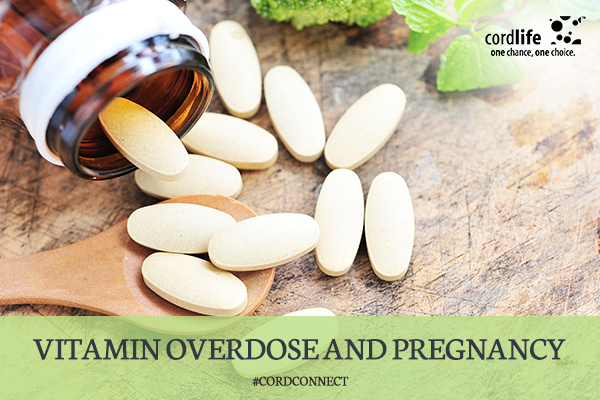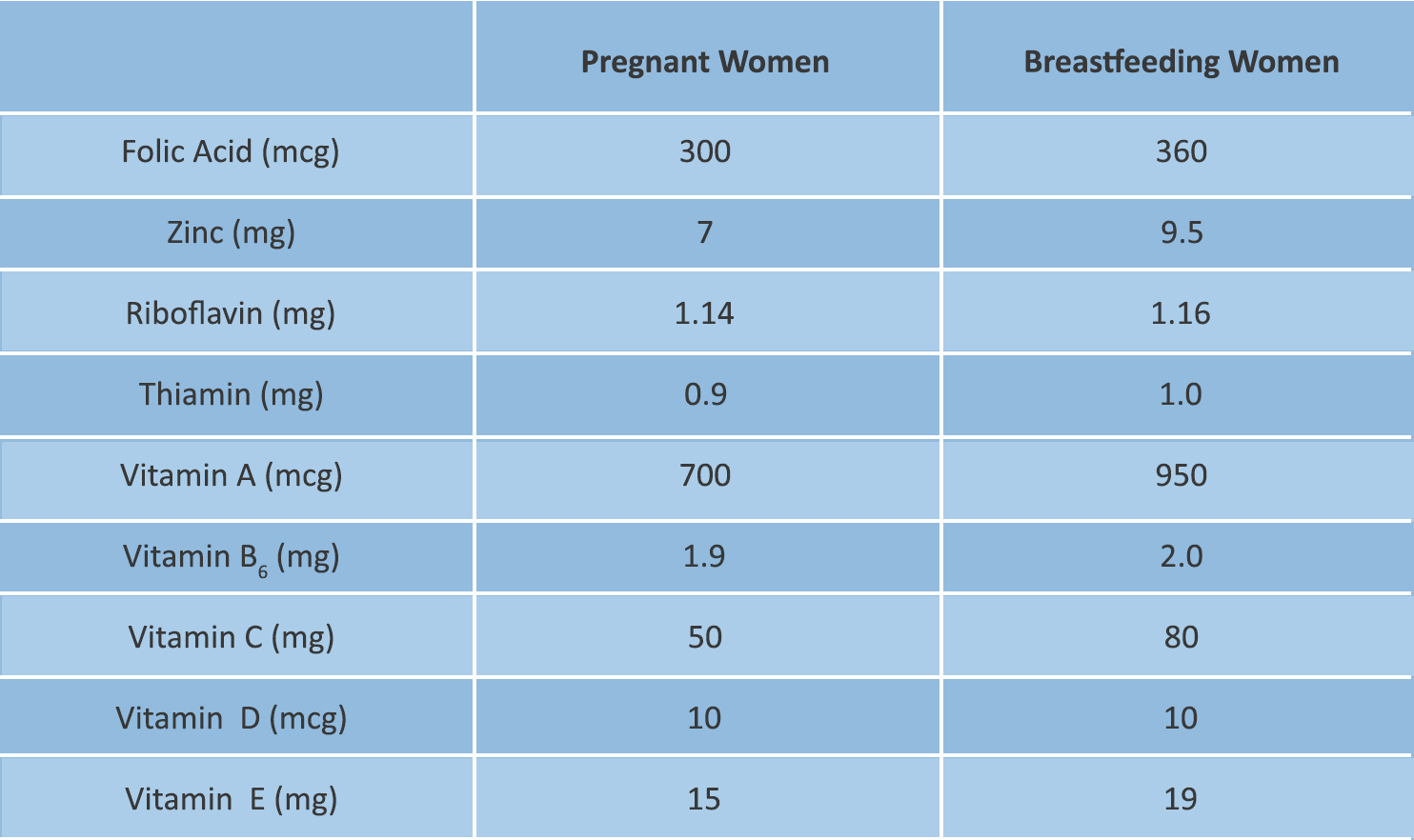Table of Contents
When you get pregnant, it is essential to ensure that you get all the essential nutrients for healthy fetal development. Folic acid, vitamin d, calcium, iron, thiamine, riboflavin, zinc, vitamin b12, are some essential nutrients for mother and baby. Folic acid is essential in preventing neural tube defects in the fetus while iron is required to create red blood cells and calcium for bone and teeth.
Eating a balanced meal is a good way to start but it might not always be possible to get the recommended daily amount of all vitamins and nutrients through diet alone. Hence, it is common practice for doctors to prescribe additional supplements to ensure a healthy pregnancy.
However, there is something called RDA or Recommended Daily Allowance for each vitamin, and intake of higher amounts can lead to vitamin toxicity or overdose. Vitamin A is essential for healthy vision and vital for fetal development. But when consumed in excess, can cause major malformation in fetuses. Similarly, Vitamin D is essential for bone growth and without it babies can be born with brittle bones. However, Vitamin D toxicity can occur if taken in larger amounts and cause malformation of heart valves in fetuses.
So if you are tempted to take that multivitamin in addition to your prescribed supplements, it is not such a good idea. Only the prescribed amounts should be taken. Please consult your doctor before changing the dosage.
Recommended Daily Intake for Vitamins** (please use the image vitamin-overdose-&-pregnancy.jpg here instead of following table)
An overdose can cause symptoms in any part of the body. Cloudy urine, nausea, stomach pain, appetite loss, vomiting, diarrhea, or constipation are common symptoms. It can manifest itself in the form of Muscle weakness, joint or bone pain also. Sometimes one may observe sensitivity to sun, yellowing of skin, itching, and cracked lips. High doses of vitamin B can present neurological symptoms like mood changes, muscle twitching, burning and tingling sensations.**Adapted from babycenter.com.
Consult your physician if you suspect that you may have overdosed. The treatment will vary from case to case. Your doctor may prescribe medicines or pump the stomach if the overdose was recent. Administering fluids through an IV and other treatments depending on the symptoms might be required.

